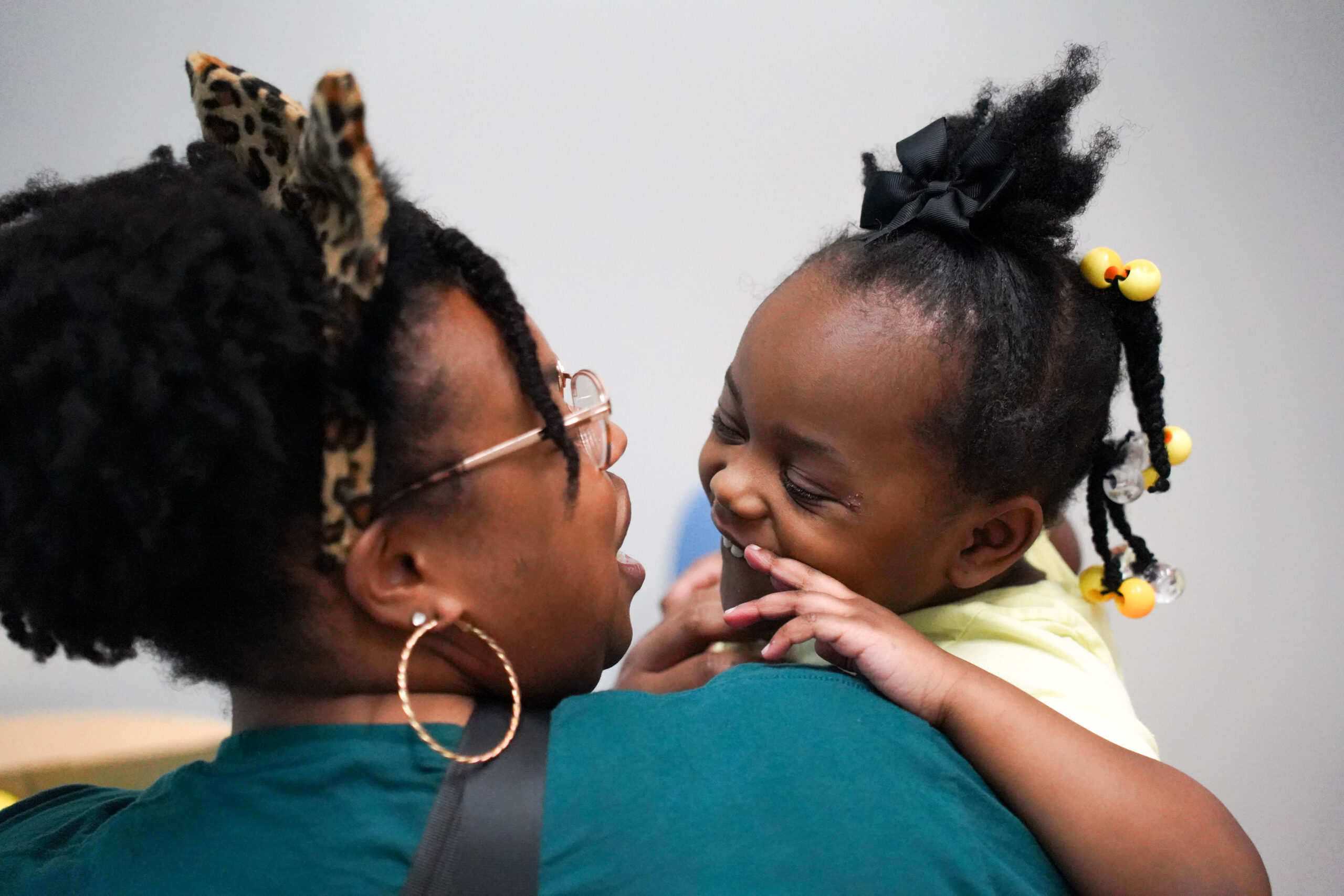Treatment for autism should begin as soon as possible. Treatment for ASD can help reduce the challenges the individual experiences in their current and future life.
There are no known medications that address ASD directly. However, your child’s doctor may recommend medication for things such as hyperactivity, irritability, or sleep issues.
Behavioral interventions are the most effective treatment option for individuals with ASD. Behavior-based interventions, such as applied behavior analysis, help the person to develop skills that help improve their daily living skills, social and communication skills, and educational and occupational skills. They can also address challenging behaviors that interfere with their development, safety, and well-being.
Applied behavior analysis (ABA) can also include parent training or parent coaching services to help parents learn strategies that support their child’s behaviors and development.


